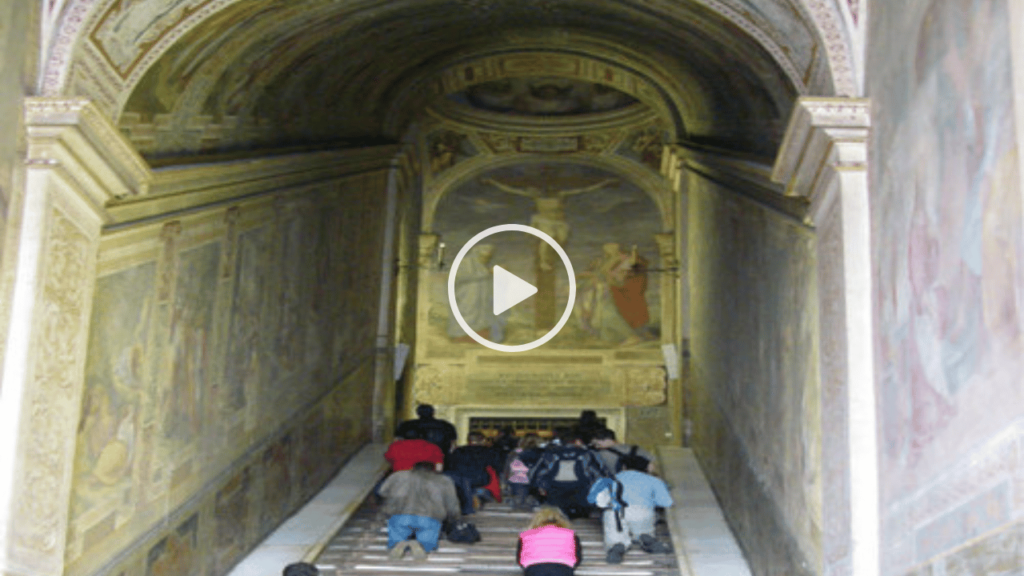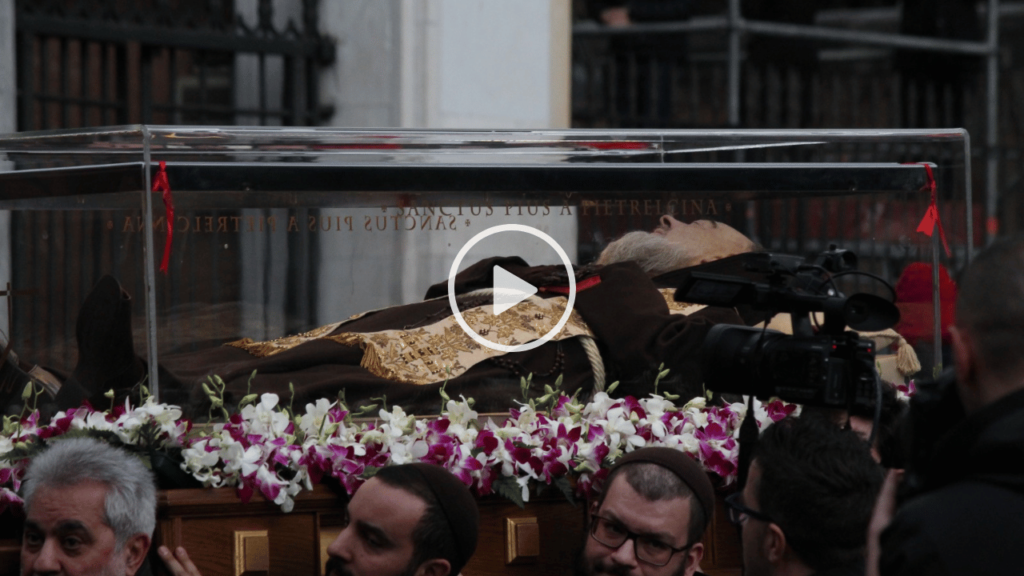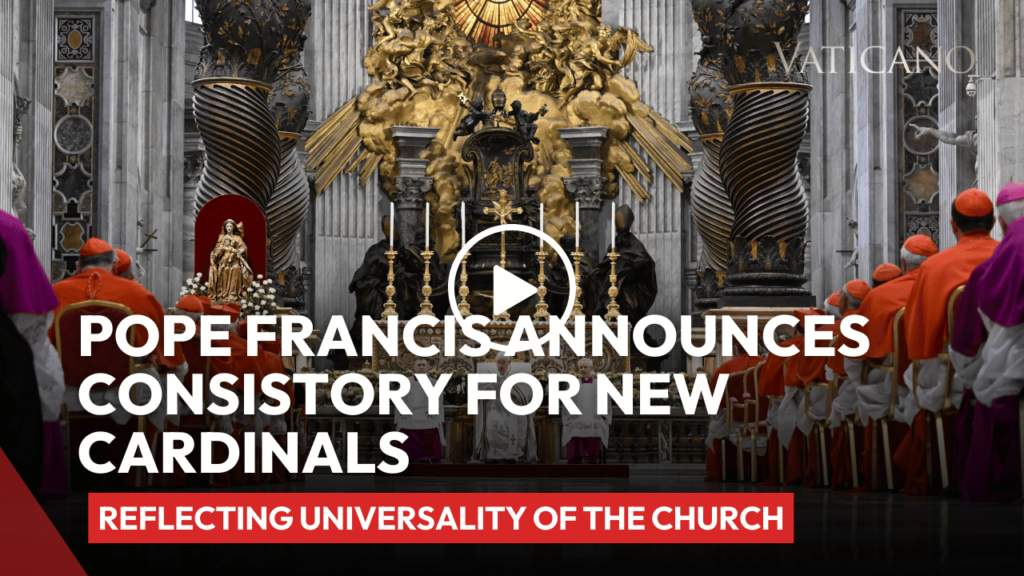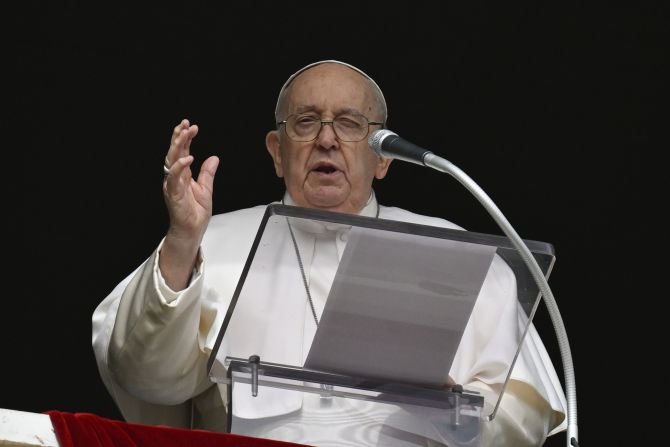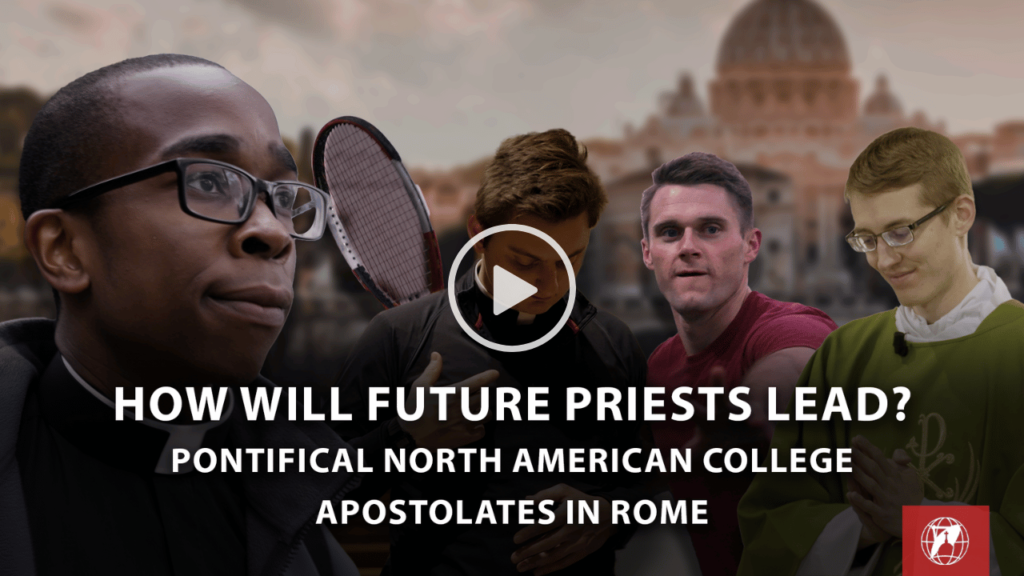The last three popes — Benedict XVI, Francis, and Leo XIV — have on more than one occasion recommended reading “Lord of the World,” the dystopian science fiction novel written by Robert Hugh Benson in 1907.
FIND THE POPE’S BIOGRAPHY HERE
This apocalyptic novel depicts the consequences of a society that turned its back on God and presents a social critique of the customs of the West, which has succumbed to capitalism and socialism.
Benson, an Anglican cleric who eventually converted to Catholicism and was ordained a priest in 1904, proposes a reality in which “the forces of secularist materialism, relativism, and state control triumph everywhere.”
This work, praised by the last three popes, also describes the arrival of the Antichrist as a charismatic personality but who also promotes ideals destructive to society.
Cardinal Joseph Ratzinger, the future Pope Benedict XVI, cited this work during a lecture he gave at the Catholic University of Milan in February 1992, stating that the work “gives much food for thought.”
It was also one of Pope Francis’ favorite books. During his meeting with the academic and cultural world as part of his apostolic journey to Budapest, Hungary, in April 2023, Francis explained that this work “shows that mechanical complexity is not synonymous with true greatness and that in the most ostentatious exteriority is hidden the most subtle insidiousness.”
For the Argentine pope, the book was “in a certain sense prophetic.” Although it was written more than a century ago, “it describes a future dominated by technology and in which everything, in the name of progress, is standardized; everywhere a new ‘humanism’ is preached that suppresses differences, nullifying the life of peoples and abolishing religions,” he said.

Specifically, he emphasized that in the society described in the book, all differences are eradicated, as opposing ideologies merge in a homogenization resulting in “ideological colonization — as humanity, in a world run by machines, is gradually diminished and life in society becomes sad and rarefied.”
Francis noted that in the novel, “everyone seems listless and passive, it seems obvious that the sick should be gotten rid of and euthanasia practiced, as well as national languages and cultures be abolished in order to achieve a universal peace.”
This idea of peace, however, “is transformed into an oppression based on the imposition of consensus, to the point of making one of the protagonists state that the world seems at the mercy of a perverse vitality, which corrupts and confuses everything,” Francis said in his address in the Hungarian capital.
Also, while criticizing ideological colonization, Pope Francis during a press conference he gave to the media on his flight back to the Vatican after his Apostolic Journey to Manila, Philippines, in 2015 recommended reading the book.
Cardinal Robert Prevost, before being elected Pope Leo XIV, also recommended the book in an interview given to the Augustinians from Rome. “It speaks about what could happen in the world if we lose faith,” Prevost explained.
He emphasized that Benson’s work contains passages that give a lot of food for thought “in terms of the world we are living in,” presenting challenges about the importance of “continuing to live with faith but also to continue to live with a deep appreciation of who we are as human beings, brothers and sisters, but understanding the relationship of ourselves with God and the love of God in our lives.”
Furthermore, the cardinal, who became Leo XIV on May 8, noted that his two predecessors had also cited this book on more than one occasion.
SIGN UP FOR OUR NEWSLETTER HERE
This story was first published by ACI Prensa, CNA’s Spanish-language news partner. It has been translated and adapted by CNA.


